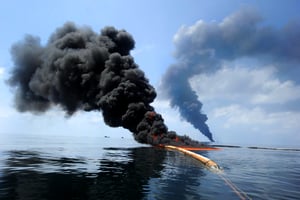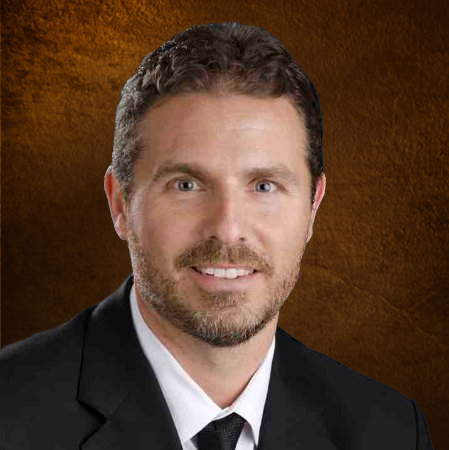Many of the largest oil spills in the world are caused by tanker accidents. From Deepwater Horizon to Exxon Valdez, you’ve seen it all on the news. From there, oil spills move on to train accidents and pipelines.
Major Spills—Huge Impact
 The Deepwater Horizon is estimated to have released nearly 5 billion barrels of oil and killed eleven workers and countless wildlife, as well as having a large, negative effect on fishing and tourism. BP paid a fine of $18.7 billion along with $42.2 billion in settlements. Now that’s a huge impact.
The Deepwater Horizon is estimated to have released nearly 5 billion barrels of oil and killed eleven workers and countless wildlife, as well as having a large, negative effect on fishing and tourism. BP paid a fine of $18.7 billion along with $42.2 billion in settlements. Now that’s a huge impact.
A report by the US Department of Interior Minerals Management, now part of the Bureau of Safety and Environmental Enforcement, states that 45% of spilled oil in the US came from tankers and barges. Pipelines accounted for 16% of spills.
All that makes for big disasters and bigger headlines, but what about the minor spills? These spills are happening every day and thousands of times a day.
Minor Spills—Bigger Impact?
Just as with a leaky water faucet’s drip, drip, drip, minor spills and leaks add up to a tremendous amount over time. Here’s a quote from Industrial Supply Magazine in “Oil Spill Cleanup Veterans Join Forces."
According to oil spill cleanup experts, more than 80% of all hydrocarbon spills happen on land due to vehicle accidents or equipment failures, such as blown hydraulic hoses.
This includes motor oils, hydraulic fluids, diesel fuel, transmission fluids, and more.
Every time a garbage truck blows out a hose or a fitting leaks in an industrial facility, there’s a spill that doesn’t hit the news but does have an impact on the environment. Visit any industrial operation, particularly a refinery, and spills are happening all the time. Unfortunately, industrial operations and refineries are not well set up to contain these types of spills.
What Can Be Done?
I wrote on environmentally sound spill containment at Safety + Health about things to consider in controlling and containing small leaks. Pails, buckets, and other pop-up vessels can serve to catch drips, but you’ll need to constantly monitor them. Plus, oil and water definitely don’t mix. So when it starts to rain, your list of challenges starts to grow.
That’s why we worked with HalenHardy to develop the Spilltration® line of spill control products. They are engineered to work, rain or shine. They take up less storage space, remarkably so, and they deploy quickly. All this saves time and money as well as protects the environment and prevents fines.
Spilltration® Spill Control
We have solutions for every type of spill or leak. They include spill kits, shammy towels, and basins as well as husky strips, rugs, and pads. Further, the Spillver Bullet offers not only incredible spill control but remarkably lower storage space requirements.
Oil Spills and Leaks—Drips Can Add Up Too
That’s an overview of oil spills and what I would argue poses just as serious a challenge: day-to-day small leaks and spills. I’ve also pointed out a few options for addressing these problems at your facility.
If you’re interested in learning more about controlling oil spills and leaks, use our contact page, or call us at 888-653-7509.

